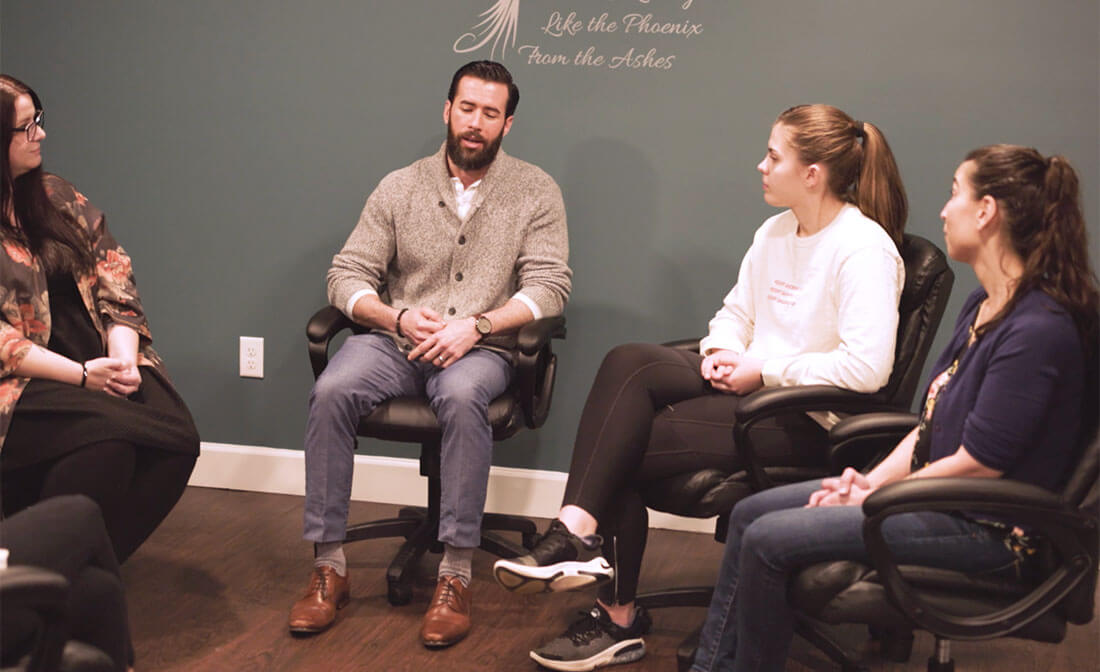
Group Therapy in Delaware
Share Your Story and Heal With Others on the Same Journey
Heal With Group Therapy Led by a Qualified Therapist
Do you feel alone in your struggles? Talking about your grief, trauma, or other stressors in your life can feel like exposing the most painful parts of yourself, and you might struggle to get the support you need from loved ones. Friends and family might not understand your pain. Group therapy is a safe place where you can share your story with others who can relate to what you’re experiencing.
We’ll help you heal and adjust in a supportive community.
Adjusting to life after experiencing a death or trauma can take time. You may feel more withdrawn, guarded, or sensitive in your day-to-day interactions. Group therapy allows you to express your emotions, learn new coping strategies, and find support.
We ensure you find the group that’s the right fit for your needs.
Each therapy group is led by a professional therapist, who will provide personalized care for your healing journey. Therapy groups follow a structured program that everyone starts and finishes at the same time. We screen everyone before starting a new group to ensure it’s the right match.

Reviews from People Just Like You
Heal with Therapeutic Activities and Group Therapy Sessions
- Write about your loved one or experience.
- Express emotions with art, music, or other methods.
- Gain insight with engaging structured discussions.
- Learn about the healing process.
- Discover that there’s no “right way” to grieve.
- Practice communicating your emotions with others.
Available Therapy Groups
The Loss of Spouse/Partner Therapeutic Support Group
Wednesdays, 5:30 – 7:00pm
An 8-week, in-person program to help process grief and provide tools to integrate grief into your life in a meaningful way.
Start Your Healing Journey
Contact our team today to make your first appointment and start rebuilding your life. We accept cash, check, and major credit cards. However, please note we do not currently accept insurance as a form of payment. Our personalized services will help you heal.
